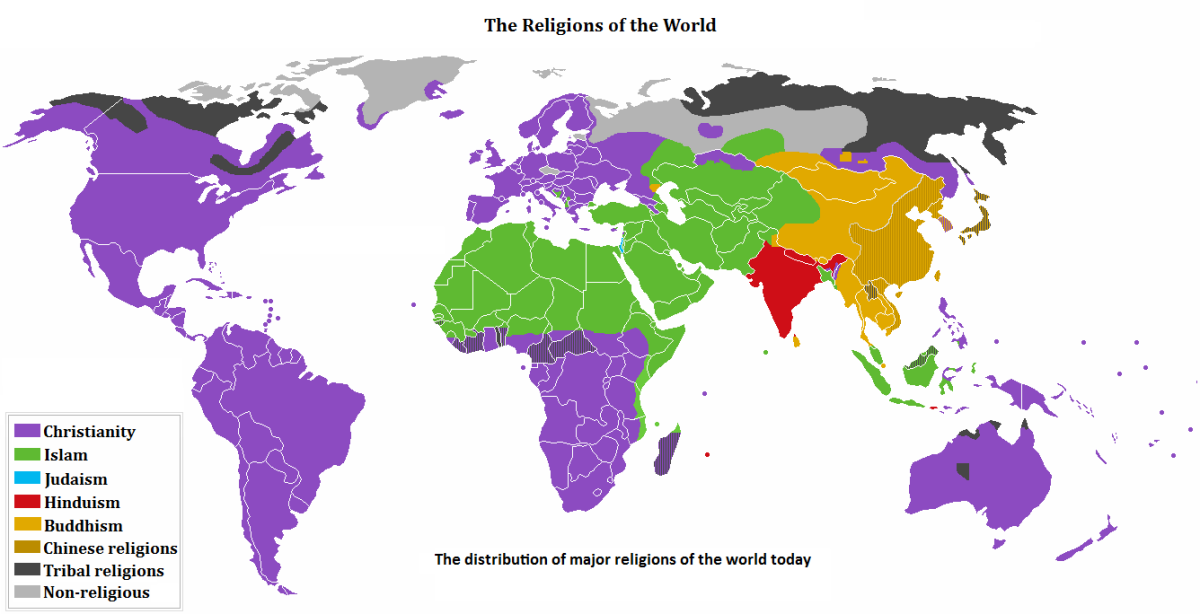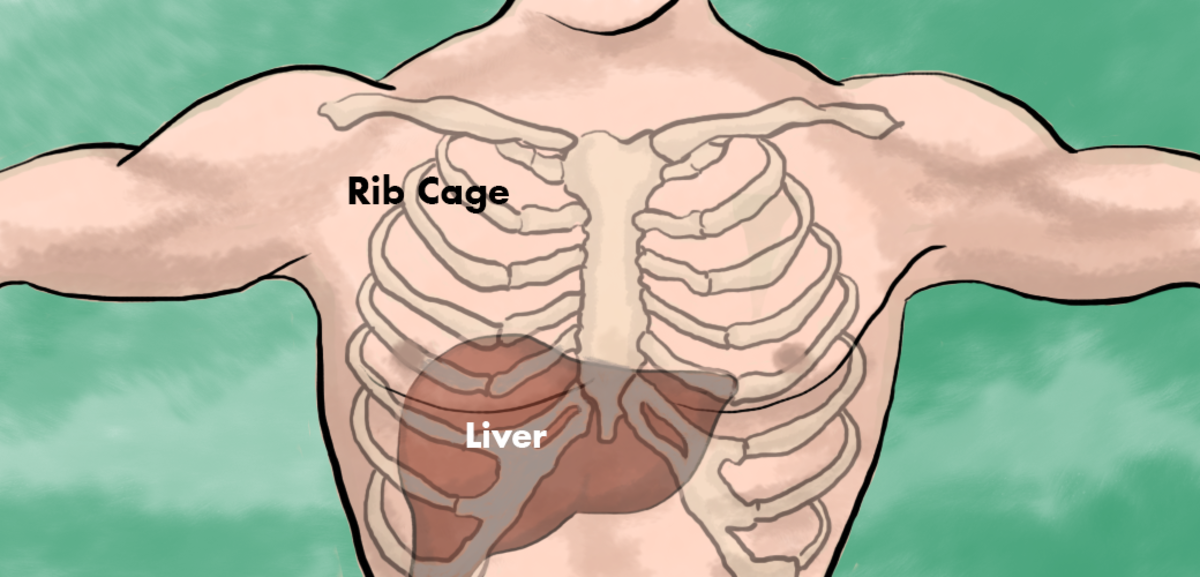Health and Religion

How Different Religions look at Health
From Sikhism to Buddhism
In the Sikhism religion, believers perform prayers and a variety of rituals in order to support the healing process. Aside from their regular prayers, which they must always perform on a daily basis, they say special prayers to ask for forgiveness and in order to obtain peace. Sikh's recite sacred hymns called Gurbani and listen to sacred music called Kirtan when they are unwell. They use meditation in addition to prayer in cases where they are undergoing depression, mental illness, and anxiety. They hold spiritual gatherings during such times because they believe that they help alleviate the illnesses. Buddhism on the other hand emphasizes the practice of meditation for purposes of mindfulness, peace and quiet in the entire healing process.
Baha’ism to Christianity
Since Baha’i's believe that the physical and spiritual are integrated, they usually pray for their loved ones to get better but they do not have any particular rituals for it. They believe that the eventual outcome of the illness, be it death or recovery, comes from God.
During illness, Christians usually pray for the gift of healing which includes spiritual as well as physical healing. They believe that in order for one to get better, they need to be cleansed spiritually through prayer. Catholics believe in healing through prayers and sacraments such as Baptism and the Anointing of the Sick. Catholics also request for prayers from saints, especially Virgin Mary to aid in the healing process.

The Must and Must Not’s
While under the care of health care providers of a different religion, they must observe and accept several things. These differ from one religion to the other. In the Sikh religion, Sikhs must always wear five articles of faith. These are the Kesh, Kanga, Kara, Kirpan, and Kachera. Kesh is a Sikh's uncut hair, Kanga is a wooden comb which is a symbol of cleanliness, Kirpan is a small ceremonial sword, Kara is a steel bangle and Kachera is a Sikh undergarment. Sikh's must never remove their hair and if they have to do it for medical purposes, the health care providers must get permission from the Sikh.Sikh's have a practice of ablution, bathing and cleanliness. They must always perform a ritual of cleanliness every morning and every evening and this mustbe done for them, if not by them.
Turbans are always worn by Sikh's and must be treated with a lot of respect. A surgical hat or a smaller cloth can be won in cases where the turban must be removed. Health care providers must work around this, regardless of their religion. Similarly, in Buddhism, there’s strictness in faith that requires that the patient is kept still as much as possible in order to allow them to focus on their meditation and a state of mindfulness. This requires the health care providers to avoid procedures that may be too taxing on the patient and require to move too much or to lose their focus.
On the other hand, in Christianity and Baha’i, there aren’t as many restrictions and rules to follow.In Baha’i, medical and scientific treatment is encouraged and therefore there’s no objection to health care providers of different religions when it’s necessary. Baha’u’llah urged his followers to seek advice from physicians who are competent and even calls medicine a noble profession.
Christianity and Medical Care
Almost all medical treatments are allowed in Christianity as well, however in the Roman Catholic faith, the unwell are advised to weigh the options and to not have to resort to just any means to get well. They are urged to be ready to let it go both ways and that requires that the patient prepares themselves spiritually.

Restrictions Religion Places in Health Practices
Sikh's often use traditional medicines which are usually from plants and herbs. In their treatment, they do not use medicines that have alcohol in them or animal products. Doctors are required to observe this and to consult the patients in case they intend to use them. Due to the emphasis on mindfulness, Buddhists prefer not to use medication that will affect awareness this means that they may refuse to use analgesics and other pain medication. Christianity and Baha’i do not have particular restrictions on medications that are used on them unless the individual patient has a preference or an allergy.

How Religion affects Diet and Nutrition
Dietary restrictions are very important in these three diverse faiths when compared to Christianity. Many Buddhists are strict vegetarians and to them, even medicines of animal origin may not be acceptable. Health care providers should always put this into consideration because it doesn’t apply to all Buddhists.
Sikh’s are never allowed to eat any ritually slaughtered animal which differs from Christians who may eat ritually slaughtered lambs during the Passover. Catholics have no dietary restrictions even though abstaining from eating meat on Friday's is encouraged but not necessary. Christians sometimes fast, however, that’s also not necessary and depends on the individual’s intentions.
Does Religion affect Pregnancy and Childbirth?
During and after childbirth, Sikh mothers must keep the five articles of faith on them. This means that hair removal must not be done. Male babies are never allowed to be circumcised and after every birth, a ceremony in which a few drops of holy water are given to the child and a prayer is recited is always performed. Buddhism, like Sikhism, allows for birth control but does not allow abortion. Christianity, in general, does not support abortion. Roman Catholics do not allow birth control, abortion or anything that interferes with an unborn child. In both cases though, if the child has to die due to complications that place the mother's life in danger, it’s generally accepted.

Does Faith allow you to Donate Body Organs?
You’d think that different faiths would frown upon the idea of donating parts of your body right? Wrong.
In Christianity, Buddhism, Sikhism and Baha’ism, the donation of organs and blood are allowed. In Sikhism, organ and donation is encouraged and is viewed as a noble gesture. Baha’i generally allows organ donation to be done and this depends solely on the individuals wishes, however, if an organ is donated, the remains must be buried and not cremated. In Christianity, organ and blood donation depends solely on the individual’s wishes and their state of health. In Buddhism, organ and blood donation may be acceptable to some.
Gender and Faith Differences
In Buddhism, Baha’i and Christianity, health care providers who are able to accept the patients’ beliefs and practices, even if they differ from their own, are accepted. However, in Sikhism, there’s a preference for health care facilities and health care practitioners to be of the same religious practices. They do, however, accept understanding health care providers of different religions. Sometimes, Sikh patients prefer that they are examined by health care providers of their own gender as this is part of their religion even though this isn’t always the case. Some Buddhists usually express the same concerns about treatment by persons of a different sex.
Your Position as Regarding your Faith and Health
Even though different religions have different practices and rituals when it comes to healing, if the health care providers understand and accept them, their job of treating the patients is a made lot easier. Sometimes, they may have to ask the patients or their families to moderate the rituals, if they’re likely to affect the patient’s health or interfere with the healing process. This may require asking the patient or their family to consider the health of the patient, which would require good communication skills.Patients in a positive spiritual state tend to be calmer and they should be allowed to pray and to practice their rituals, when it’s within reason, in order to aid in the healing process.










